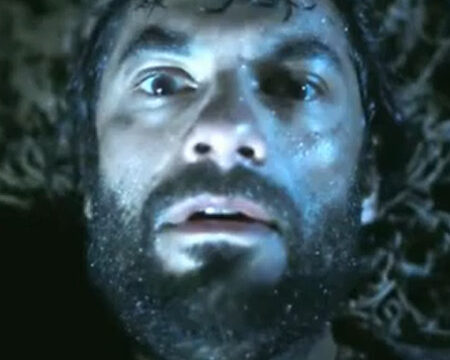A far off Christmas sounds a little odd when everyone knows that Christmas comes around once a year. That wasn’t the case for God’s Old Testament people.


A far off Christmas sounds a little odd when everyone knows that Christmas comes around once a year. That wasn’t the case for God’s Old Testament people.

The rider on the white horse might seem ambiguous to you, but it’s a very specific picture of our God. If we go into Revelation 19 we see the armies of heaven amassed and marching behind the rider on the white horse. Yet there is something that seems out of place.

Heaven is a place might seem obvious enough, but many people don’t think so. The concept of the afterlife is a difficult one for people to understand. As soon as folks admit there is an afterlife, then they have to admit there is a God, higher power, or something greater than themselves.

The Last Day of the World sounds kind of ominous, but it doesn’t need to be. God has had this day in mind since the creation of the world. He has known every step, every detail, the most important part of that plan was how he would get to know you.

Halloween and Potatoes might not go together as well as chocolate and peanut butter, but there is a connection. In the 19th century the Irish Potato Famine displaced millions of people. Many of those went to find a new home in the New Country of America.

Walking on water is impossible. It doesn’t just sound impossible. Take anyone on the planet and plop him out of a boat on the the surface of water and he will sink. There is one exception to that rule, isn’t there? Jesus was out walking one evening.

